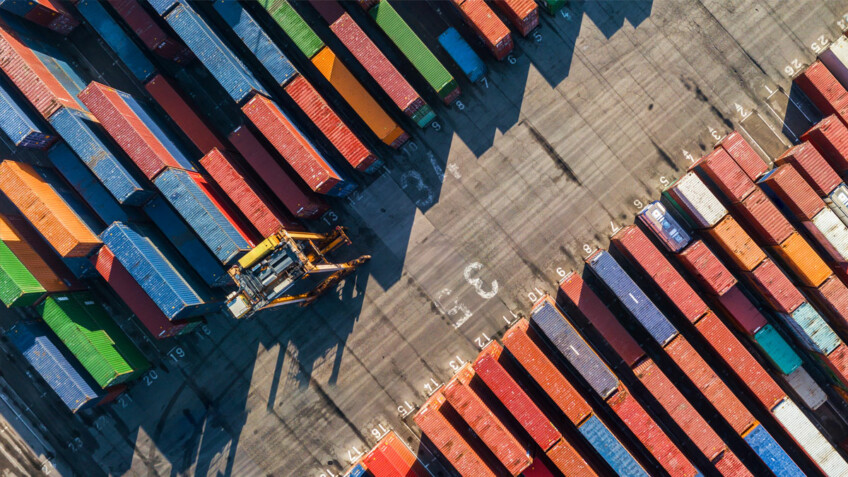For years, the air cargo industry has relied on paper processes for the contract of carriage between freight forwarders and the airline.
This adds up to more than 7,800 tonnes of paper documents processed per year – which is equivalent to 80 Boeing 747s full of paper, said IAG Cargo.
The cargo business said the eAWB offers a more sustainable alternative and provides a seamless end-to-end service for its customers that eliminates the risk of human error.
The eAWB has been introduced as part of IAG Cargo’s ‘Destination Digital’ strategy to transform the business digitally.
With nearly 50% of customers already using eAWB, IAG Cargo is targeting an adoption rate of 100% by the end of 2023.
David Rose, chief transformation officer at IAG Cargo, said: “We are looking to lead the way with our customers worldwide when it comes to delivering a customer proposition that has quality and sustainability at its core.
“Our commitment to eAWB will see IAG Cargo significantly reducing paper usage through the cargo journey as we move to eAWB usage across our network.
“eAWB is the first step of many steps in our ambitious destination digital journey, and we are excited to use the data provided to roll out future digital initiatives that will see us become more sustainable and reliable.”
The industry has been pushing towards eAWBs for a number of years and in 2020, IATA announced an industry goal to achieve 100% eAWB by the end of 2022, meaning that all shipments will be carried only with eAWB.
Meanwhile, towards the end of March last year, Lufthansa Cargo would accept only those shipments with an electronic air waybill (eAWB) on ‘feasible lanes’.
The German carrier also announced that it would charge for paper air waybills back in 2018.
———————————————————————————————————–
Article Courtesy of Air Cargo News (linked)
